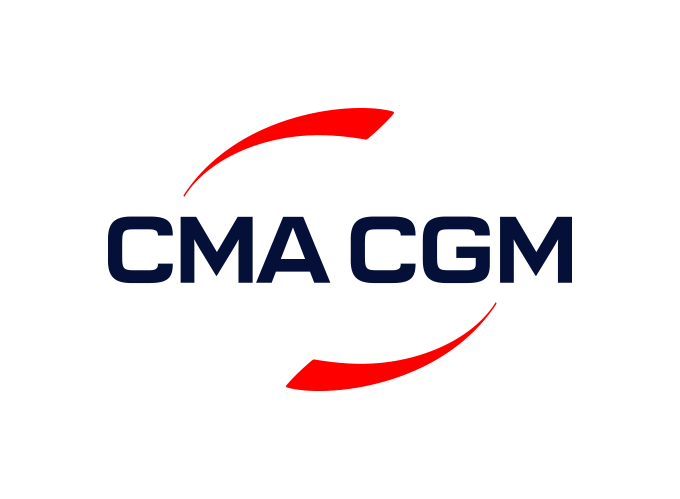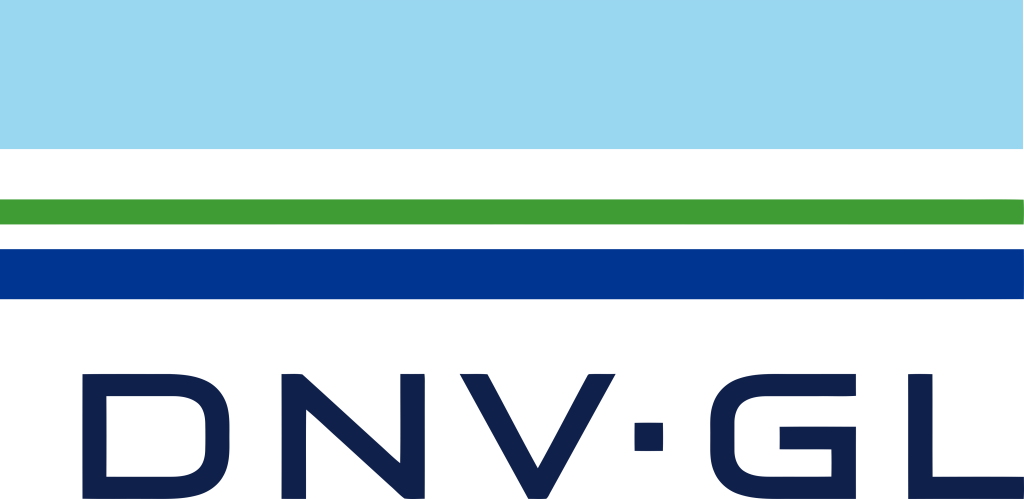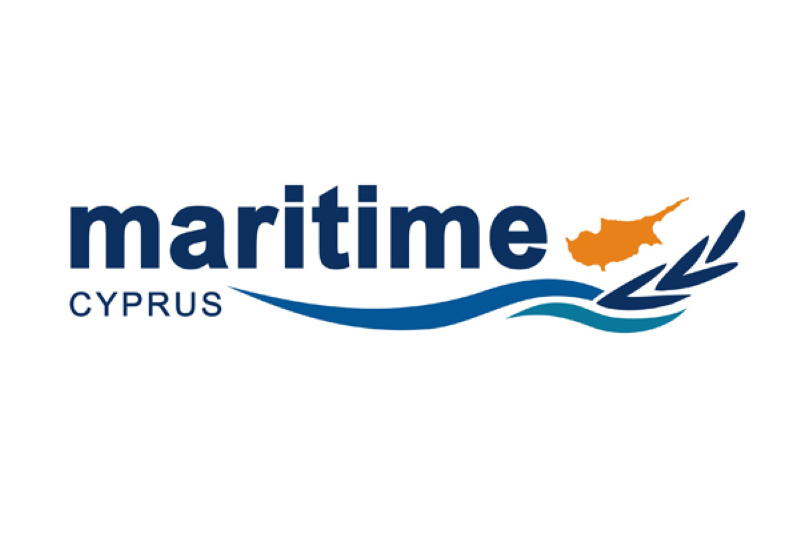The international maritime sector met with an emblematic event: Shaping the Future of Shipping, in Glasgow on Saturday, November 6, coinciding with COP26. The conference addressed key strategic issues on the rapidly evolving path to the decarbonization of shipping, and showcased their efforts to decarbonize and deliver a sustainable and equitable future for the industry.
Summoned by the International Chamber of ShippingSeveral senior maritime industry officials came to Glasgow over the weekend to give their views on how to decarbonize the sector as regulators debated details about the climate at the current COP26 climate summit in Scotland.
As the naval industry seeks to decarbonize through the use of more efficient technologies and lower emissions fuels, liquefied natural gas (LNG) was highlighted as the best starting point to do something in the short term, while the sector awaits a more stable regulatory framework to put you on the definitive course to move to new zero-carbon fuels in the future. The executives of representatives of the main companies in the sector were asked about alternative fuels, the role of LNG and the legislation that was needed.

Christine Cabau Woehrel, CEO of CMA Ships and head of fleets and assets of the French shipping company CMA CGM, stressedOr that the sector needs a very pragmatic approach and that what is available now must be now.
"LNG is available, it is technically viable, the scalability is there, we are going to get into LNG, ... LNG is just the beginning of the story, of course, it is not the end, but it is a bridge, it is a transition"

Rolf Habben Jansen, CEO of Hapag-Lloyd, said that the largest German shipping company is also studying LNG, that it can make a contribution today and that it is important to get things done today and not just in the future. He believes that methanol and ammonia are also worth studying and not focusing on just one pathway. Still, he noted that these fuels are not yet to scale, and the industry needs to be realistic about it as well. For Jansen, there aren't too many obstacles to getting things done with LNG and biofuels today in the short term. However, he noted that what is potentially threatening is the lack of clarity in the political arena.
"We talk a lot about synthetic fuels and carbon-neutral fuels, but they are not yet available at scale, which means we have to find a way to get to them and build the ships so that they can use different types of fuel."
"We have to know what is happening. Technically, we don't even know if everyone accepts carbon-neutral or carbon-free fuel, the same goes for the standards for older ships. The important thing is to have a stable regulatory framework in the that can be planned for a longer period, because we usually buy ships for 20 or 25 years, and the decisions we have to make today are not only for 2023 or 2025, but basically until 2045 or 2050, so I think that a horizon In the longer term it would be really useful"
"We have to stop chasing all these illusions that everyone will have a completely level playing field and that there will be a single set of rules throughout the world."
Svein Steimler, President and CEO of Nippon Yusen Kaisha (NYK) Europe, said he sees ammonia and methanol as part of the future fuel mix, but believes LNG is a bridge to something new to come. He also stressed that politicians have to tell the sector what to do.
"LNG is currently seen as a black carbon fuel, which it is, but it is the only system we have today that has been tried and tested. It has taken us decades to build that infrastructure.
Some people have accused me of saying that if we go down this LNG path, we are not going to do what is necessary with other fuels. That's silly. Doing nothing today is a mistake. We cannot let something good be the worst enemy of the best."
"I love standards, the industry loves standards. If standards are established, we will comply with them. Solutions have to be realistic and technical developments must be taken into account. It is about setting the rules and establishing global rules. We cannot work on the basis of some rules that apply here and others that apply there. The glass is not half empty, it is half full, but we need the support of legislative organizations."

Knut Ørbeck-Nilssen, CEO of DNV Maritime, also felt that the industry should stop talking about what it wants to do in 2050, as LNG is a really good step to take now. Ørbeck-Nilssen pointed out that the sector also needs to explore other options, which do not exist without significant investment in R&D, piloting and testing.
"LNG saves between 15% and 25% of CO2 emissions. It may not be perfect, but I assure you that if it could save 20% of its cost, I would not rule it out."
"This cannot be solved with maritime transport alone and the challenge is intersectoral. There are multiple fuel options available and we are going to make sure we explore all available avenues and I can say that the best fuel of the future is collaboration and that is what we all have to do."

Vassilios Demetriades, Cyprus' Deputy Minister of Maritime Transport, who also joined the panelists on stage, said that LNG, as a transitional fuel, will provide the necessary breathing space for the industry to engage in more research and innovation.
"I am optimistic that the sector is prepared and committed to the path of decarbonization. We have to use technology intelligently as a driver of decarbonization and we have to communicate a better and more positive message for the sector because there are too many regulators at the level global, community and national. We all want a solution, but that is not easy, so we have to find a balance between ambition and being pragmatic and realistic.

